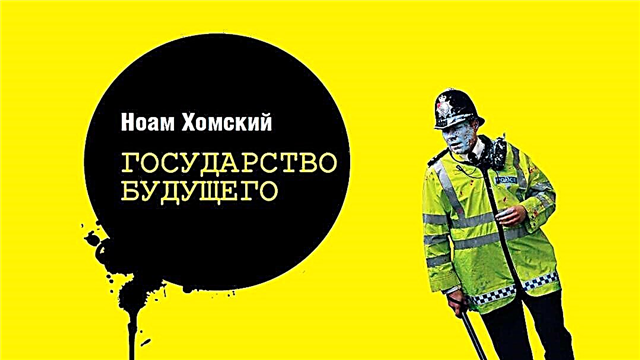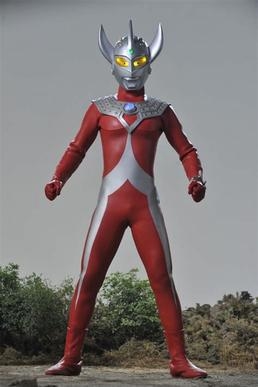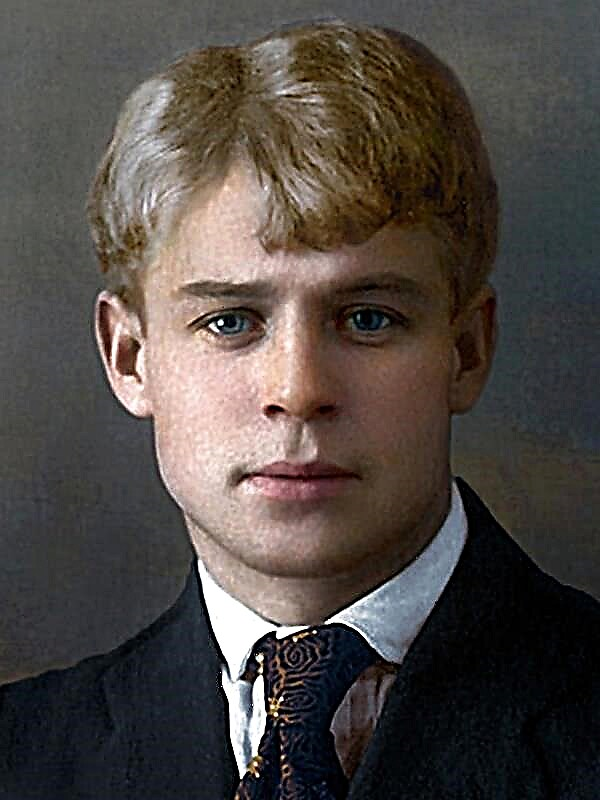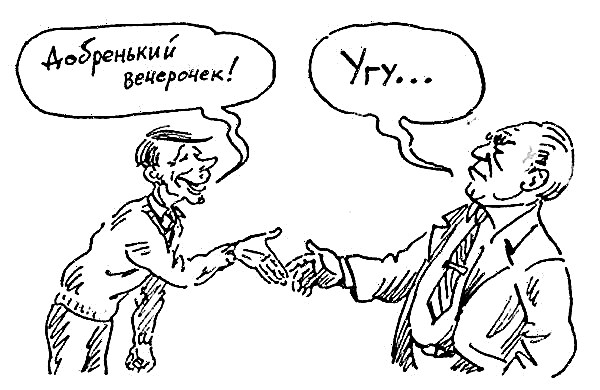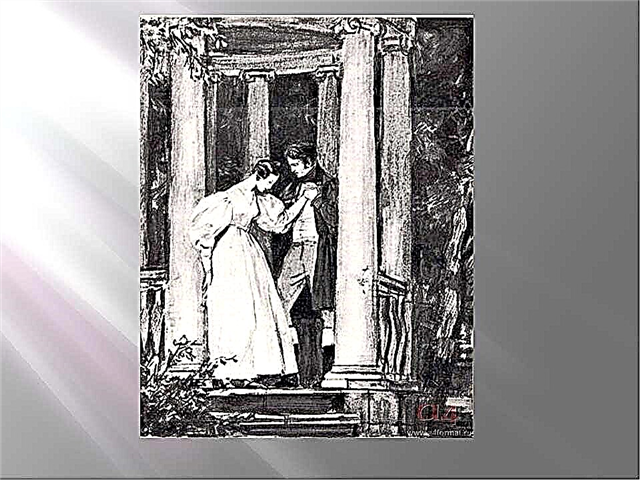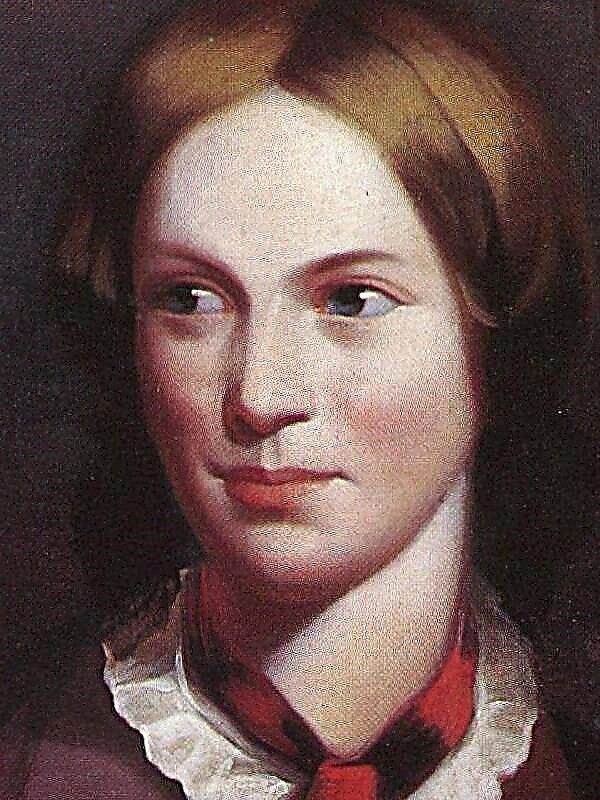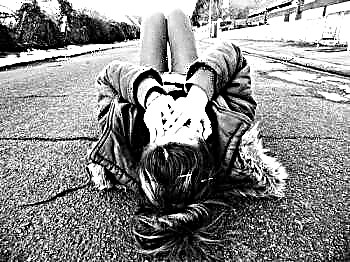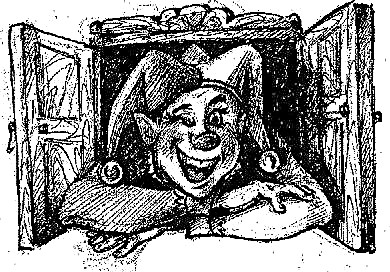September 6, 1958. On this day, one of the main characters of the novel, the architect Heinrich Femel, turns eighty years old. An anniversary is a good occasion to evaluate your life. More than fifty years ago, he appeared in this city, almost at the last moment submitted his project for the construction of the Abbey of St. Anthony to the competition, and - an unknown stranger - defeated the other applicants. From the very first steps in an unfamiliar city, Heinrich Femel has a good idea of his future life: marrying a girl from some noble family, many children — five, six, seven — many grandchildren, “five seven, six seven, seven seven”; he sees himself at the head of the clan, sees birthdays, weddings, silver weddings, christenings, great-grandchildren ... Life deceives the expectations of Heinrich Femel. Those who are going on his eightieth birthday can be counted literally on the fingers of one hand. This is the old man himself, his son Robert Femel, grandchildren Joseph and Ruth, and the secretary Robert Leonor invited by Henry, the second son, Otto, became a stranger to his family in his youth, joining those who took the “communion of the buffalo” (as indicated in the novel belonging to the circles of German society, infected with the ideas of aggression, violence, chauvinism, ready to drown the world in blood), went to fight and died.
The wife of Heinrich Femel is held in a "sanatorium", a privileged hospital for the mentally ill. Not accepting the existing reality, Johanna allows herself very bold statements about the powerful of this world, and in order to protect her, she has to be locked up. (Although Heinrich Femel, ceasing to dissemble before himself, admits that he agrees and has always agreed with the thoughts and statements of his wife, but did not have the courage to openly declare this.)
Robert Femel, as a gymnasium student, swears an oath not to accept the "participle of the buffalo" and does not betray her. In his youth, he, together with a group of peers, enters into the fight against fascism (physical education teacher Ben Wex is an embodiment of fascism for whom one of the teenagers Ferdy Progulsky is paying the price for his life) and forced to flee the country, severely beaten by barbed wire scourges . A few years later, amnestied Robert returns to Germany to his parents, his wife Edith and Joseph who was born without him. He serves in the army, but his service turns in revenge for his dead friends. Robert the Demoman, he “provides the shelling sector” and without regret destroys architectural monuments, including the abbey of St. Anthony built by his father, blown up without special need three days before the end of the war. (“I would give two hundred abbeys to return Edith, Otto or an unfamiliar boy ...” - he repeats to him and Heinrich Femel.) Robert’s wife, Edith, dies during the bombing. After the war, Robert leads the “static calculation office,” with only three architects working for him, to whom Leonora sends out a few orders. He condemns himself to voluntary retreat: on a red card that Robert once gave Leonora, it says: "I am always glad to see my mother, father, daughter, son and Mr. Srell, but I do not accept anyone else." In the mornings, from half past nine to eleven, Robert plays billiards at the Prince Henry Hotel in the hotel fighting society, Hugo. Hugo is pure in heart and selfless, not subject to temptations. He belongs to the “lambs," like the dead Edith, like her brother Srell.
Srell is a friend of Robert Femel's youth. Like Robert, he was forced to leave Germany under pain of death and is only returning now to see Robert and his nephews.
The sixth of September 1958 marks a turning point for both Heinrich Femel and his son. On this day, realizing the falsity of following the logic of his own far-fetched image, he breaks the habit of visiting the Kroner cafe daily for a long time, refuses to accept a gift from the fascist Grez, the owner of a butcher shop, and symbolically brings a knife over the anniversary cake sent from the cafe in the form of an abbey St. Anthony.
Robert Femel this day demonstrates to his former classmate, Netglinger, an adherent of the "buffalo", that the past is not forgotten and not forgiven. On the same day, he adopts the “lamb” Hugo, takes responsibility for him.
And for Joseph Femel, the grandson of Heinrich and the son of Robert, a young architect, this day becomes decisive. Seeing his father’s notes on the fragments of the walls of the St. Anthony Abbey, a clear handwriting familiar to him from childhood, inexorably testifying that his father blew up the abbey, Joseph suffers a crisis and ultimately refuses the honorable and profitable order, from the management of restoration work in the abbey.
Johann Femel, who is being released from the hospital on the occasion of a family festival, also takes a decisive step - she shoots from a long-prepared pistol at the minister, Mr. M. (who has “a muzzle like a buffalo”), shoots like the future killer of her grandson.
The results of the past life are summed up. And for those gathered in the workshop of the old architect (here, except for the owner, Robert with his newfound son Hugo, Srell, Joseph with his bride, Ruth and Leonora) begins a new day, September 7th.


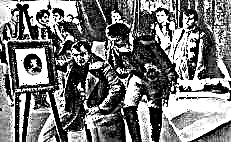
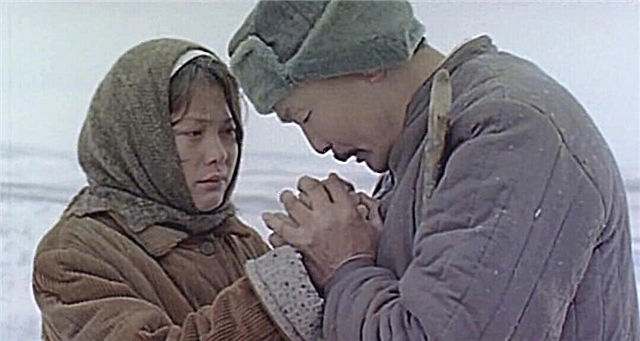
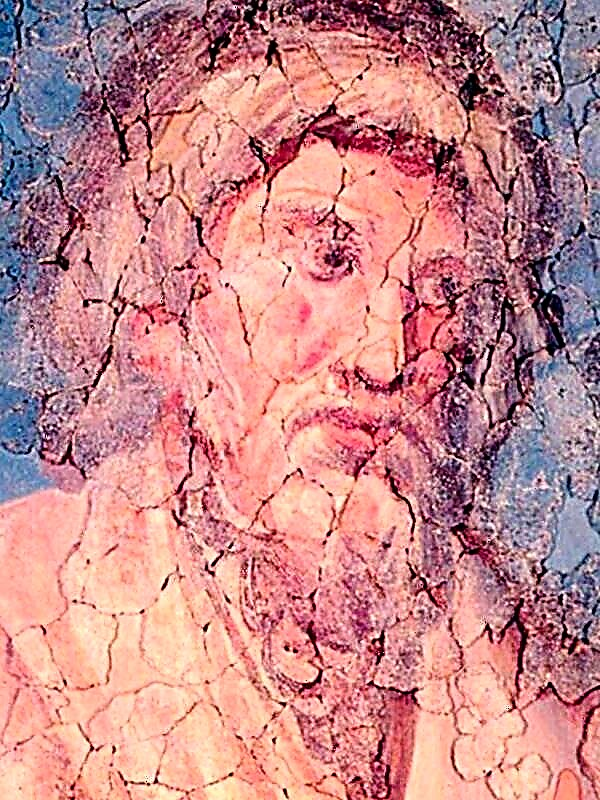 Metamorphoses
Metamorphoses